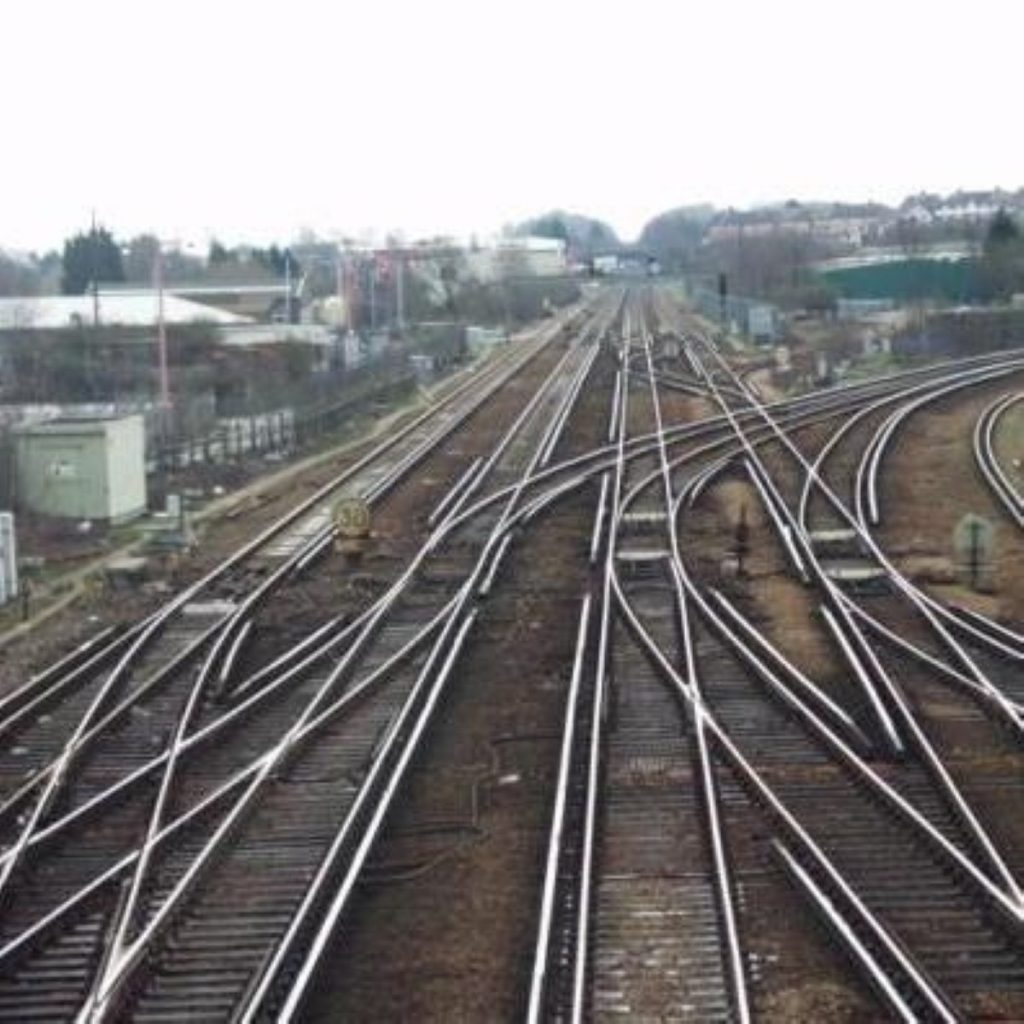Report slams 800,000 rail delays
Network Rail faces severe criticism after a National Audit Office (NAO) report found there were 14 million minutes of delay to rail journeys in 2006/07.
In total the NAO found 800,000 incidents involving delays occurred in the same period, costing the economy £1 billion.
Its report calls for better management of incidents between train operating companies, emergency services and Network Rail.
Delays escalated rapidly after the Hatfield derailment of October 2000, it finds, although Network Rail has restored the total number of delay minutes to its pre-Hatfield level.


However more needs to be done, the report adds, noting some members of the emergency services did not know who to call at Network Rail in emergency.
“The rail industry has made progress in keeping trains moving, despite the rise in traffic on the network but, when incidents happen, passengers should get better information about what is happening,” NAO chief Tim Burr said.
“All sections of the rail industry need to improve their incident planning to keep trains moving quickly and safely.”
The Conservatives said Network Rail needed to realise its customers is the “travelling public”, not “the fat controller in Whitehall”.
“Passengers deserve better but because of the fundamentally flawed way Gordon Brown set up Network Rail it is accountable to no one, and can too often get away with impunity,” shadow transport secretary Theresa Villiers said.
Liberal Democrat transport spokesperson Norman Baker said more needed to be done to move towards a “genuine seven-day rail service”.
Last month Network Rail received a £14 million fine for engineering overruns during the new year period.
The Office of Rail Regulation said there were “systemic weaknesses” in its management practices.
Network Rail issued a statement explaining it had forged a “close working relationship” with train operating companies which was “paying dividends” in terms of cutting delay times.
“Joint improvement plans and joint controls rooms are helping to reduce the impact of incidents delivering a more reliable and punctual service to the end user,” the statement said.
“Much work has been done to improve the interface with the emergency services, such as our joint work with the London Fire Brigade to reduce the impact of fires involving gas bottles, but there is more work to be done in this area.”









